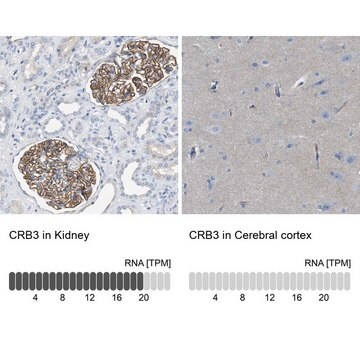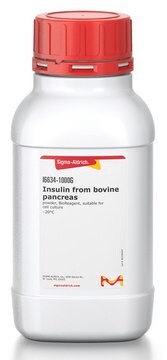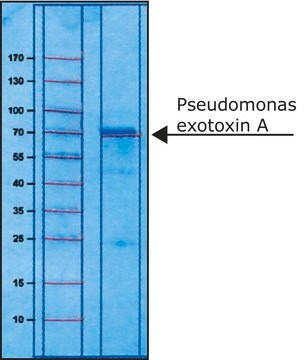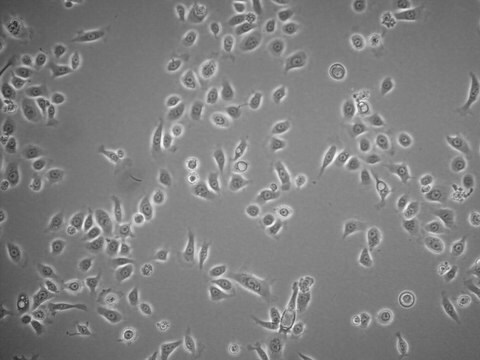ABN1378
Anti-Intersectin-1/ITSN1 Antibody
from rabbit
Synonym(s):
Intersectin-1, SH3 domain-containing protein 1A, SH3P17, Intersectin-1/ITSN1
About This Item
Recommended Products
biological source
rabbit
Quality Level
antibody form
purified antibody
antibody product type
primary antibodies
clone
polyclonal
species reactivity
rat, human
species reactivity (predicted by homology)
mouse (based on 100% sequence homology), primate (based on 100% sequence homology), equine (based on 100% sequence homology), bovine (based on 100% sequence homology), feline (based on 100% sequence homology)
technique(s)
immunoprecipitation (IP): suitable
western blot: suitable
NCBI accession no.
UniProt accession no.
shipped in
wet ice
target post-translational modification
unmodified
Gene Information
human ... ITSN1(6453)
General description
Specificity
Immunogen
Application
Immunoprecipitation Analysis: A representative lot co-immunoprecipitated ITSN2 with ITSN1 from HEK293 cells (Novokhatska, O., et al. (2013). PLoS One. 8(7):e70546).
Immunoprecipitation Analysis: A representative lot immunoprecipitated ITSN1 in lysates prepared from growing HEK293, HeLa, MCF-7, and MDA-MB-231 cultures (Novokhatska, O., et al. (2013). PLoS One. 8(7):e70546).
Western Blotting Analysis: A representative lot detected ITSN1, but not ITSN2, by Western blotting using total HEK293 cell lysate or ITSN1 immunoprecipitate obtained from HeLa cell lysates (Novokhatska, O., et al. (2013). PLoS One. 8(7):e70546).
Quality
Western Blotting Analysis: Western Blotting Analysis: 0.5 µg/mL of this antibody detected Intersectin-1/ITSN1 in 10 µg of rat brain cytosolic preparation.
Target description
Physical form
Other Notes
Not finding the right product?
Try our Product Selector Tool.
Storage Class Code
12 - Non Combustible Liquids
WGK
WGK 1
Flash Point(F)
Not applicable
Flash Point(C)
Not applicable
Certificates of Analysis (COA)
Search for Certificates of Analysis (COA) by entering the products Lot/Batch Number. Lot and Batch Numbers can be found on a product’s label following the words ‘Lot’ or ‘Batch’.
Already Own This Product?
Find documentation for the products that you have recently purchased in the Document Library.
Our team of scientists has experience in all areas of research including Life Science, Material Science, Chemical Synthesis, Chromatography, Analytical and many others.
Contact Technical Service








